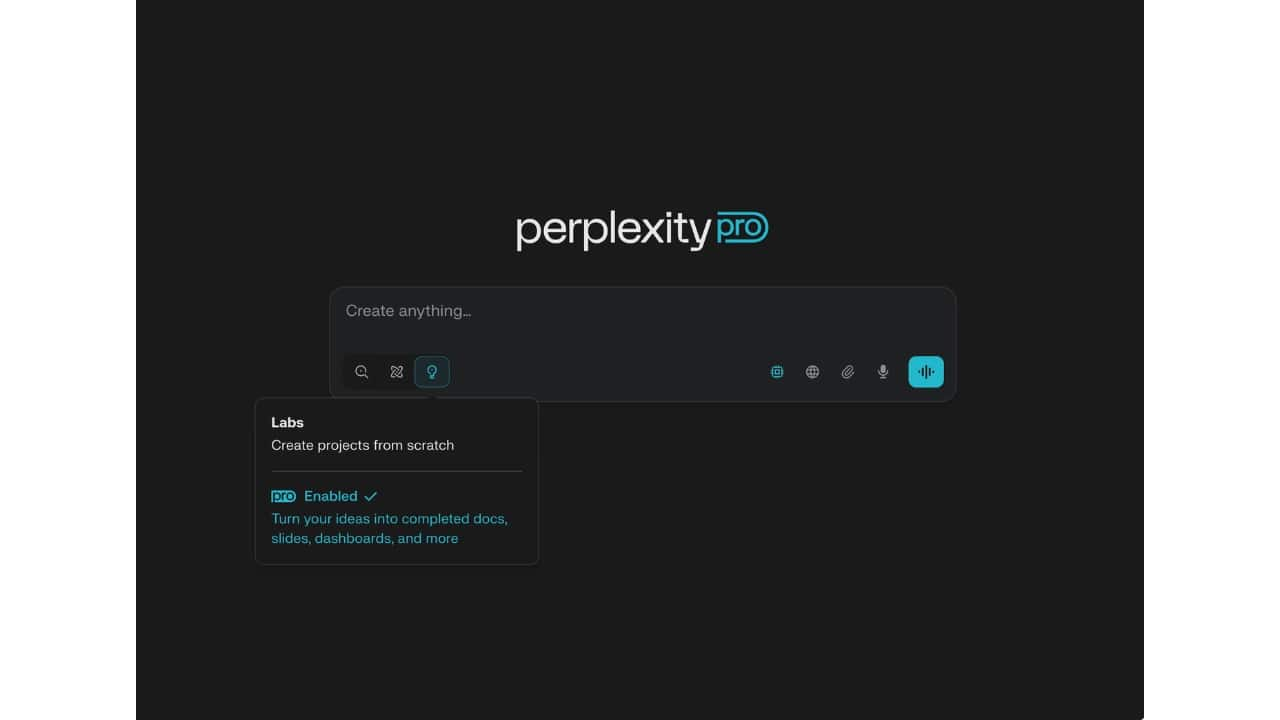AI Browser Wars: OpenAI Launches ChatGPT Atlas, Poised to Challenge Chrome’s Reign!

OpenAI has officially launched its AI-powered browser, ChatGPT Atlas, marking a significant strategic move to compete directly with Google in shaping how people access information online. The company aims to redefine the internet browsing experience, initially rolling out Atlas on macOS, with plans to expand support to Windows, iOS, and Android platforms soon. This launch positions OpenAI firmly within the rapidly growing battleground of AI browsers, a space where numerous startups and tech giants are driving innovation.
The introduction of ChatGPT Atlas comes at a time when the AI industry is transforming online interactions and challenging Google Chrome’s long-standing dominance. While companies like Perplexity with its Comet browser and The Browser Company with Dia have already entered the race, and giants such as Google and Microsoft have integrated AI features into Chrome and Edge, OpenAI’s offering aims to fundamentally merge its powerful ChatGPT technology into the browsing experience. OpenAI CEO Sam Altman described this as a “rare, once-a-decade opportunity to rethink what a browser can be and how to use one,” envisioning a future where a chatbot interface replaces the traditional URL bar as the primary navigation method.
Central to ChatGPT Atlas is its deep integration with the ChatGPT chatbot. According to Ben Goodger, OpenAI’s Engineering Lead for Atlas, users can directly engage in conversations with their search results, a feature similar to those offered by Perplexity or Google’s AI Mode. A standout innovation is the “sidecar” feature, which streamlines the browsing experience by providing the chatbot with automatic context for whatever content is on the screen. This eliminates the need to copy and paste text or drag files and links into ChatGPT, resolving a major pain point for users, as noted by Product Lead Adam Fry.
Beyond contextual awareness, ChatGPT Atlas introduces a “browser history” function that allows the AI to log visited websites and user activities. This data is then leveraged to personalize and improve the accuracy of ChatGPT’s responses, offering a more tailored browsing experience. Additionally, the browser features an “agent mode”, designed to automate web-based tasks on behalf of users. While early versions of web-browsing AI agents from various companies, including OpenAI, have shown potential for basic tasks, they often struggle with complex automation, as observed in TechCrunch’s testing. At launch, the agent mode will be available exclusively to ChatGPT Plus, Pro, and Business subscribers.
OpenAI’s entry into the browser market represents a bold challenge to Google Chrome, which currently commands over 3 billion global users. The company draws inspiration from Chrome’s own disruptive history, recalling how Google’s browser unseated Microsoft’s Internet Explorer in 2008 by offering superior speed and innovative features. This move underscores a broader technological shift in which AI chatbots are becoming central to online search, potentially diverting internet traffic and advertising revenue from traditional search engines and web publishers. The concern among publishers is that if ChatGPT efficiently summarizes information, users may reduce their direct engagement with original websites and links.
Despite ChatGPT’s reported user base of over 800 million, OpenAI continues to operate at a loss and is actively exploring revenue-generating opportunities. Increased web traffic and potential advertising income from Atlas could play a key role in improving the company’s financial outlook. Notably, OpenAI’s previously reported interest in acquiring Google’s Chrome browser, had a federal judge ordered its sale in an antitrust case, further illustrates its strategic focus on controlling the browser market, though that outcome never materialized.
The global shift toward AI-driven information retrieval is accelerating. A recent Associated Press–NORC poll revealed that 60% of Americans, and 74% of those under 30, now use AI for searches at least occasionally. While AI-generated responses offer unmatched convenience, they also present challenges, particularly the issue of “hallucinations,” where AI confidently produces false information. OpenAI’s ChatGPT Atlas seeks to confront these challenges head-on while solidifying its position at the forefront of AI-powered internet interaction.
You may also like...
Blazers Triumph Amidst Turmoil: Team Wins Day After Billups' Arrest

The Portland Trail Blazers navigate a sudden crisis after head coach Chauncey Billups' arrest in a federal investigation...
NBA Commissioner Adam Silver 'Deeply Disturbed' by Shocking Indictments

NBA Commissioner Adam Silver expressed deep concern over recent federal indictments involving Terry Rozier and Chauncey ...
Hollywood's Next Frontier: Taylor Sheridan's Ambitious Plan for Texas

Taylor Sheridan's move to Texas has profoundly reshaped Fort Worth's economy, attracting significant investment and fost...
Tron: Ares Overtakes Infamous Disney Box Office Bomb, Shaking Up Studio History

Disney is facing significant box office challenges in 2025, echoing past struggles with mega-budget bombs like <em>The N...
Rock Royalty Joins Forces: Jon Bon Jovi Teases Bruce Springsteen & Jelly Roll Collabs

Jon Bon Jovi's newly expanded album, "Forever (Legendary Edition)," features exciting collaborations with Bruce Springst...
Emotional 2Pac History: 'Brenda's Got a Baby' Inspirations Reunited After Decades

The real-life inspiration behind Tupac Shakur's classic song "Brenda's Got a Baby" has found an astonishing continuation...
Discover Canada's Hidden 'Scottish Gem': A Town Preserving Highland Culture and Traditions

Discover Fergus, Ontario, Canada's 'most Scottish town,' where history, architecture, and culture deeply reflect its Sco...
Star Sonequa Martin-Green Teases Major Reagan Family Reunion for 'Blue Bloods' Spin-Off

Discover 'Boston Blue,' the new CBS spin-off that brings Danny Reagan to Boston, partnering with Lena Silver from a prom...



